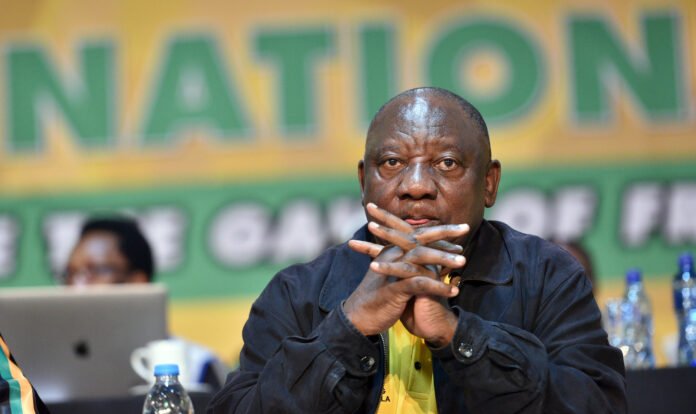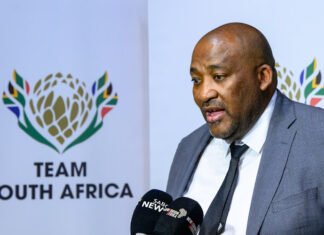The African National Congress (ANC) is set to share power after a historic loss in South Africa’s latest election. With over 97% of voting districts counted, the ANC’s share of the vote stands at 40%, a significant drop from its previous majorities.
This marks a pivotal moment for the nation, which has seen the ANC dominate since the first democratic elections in 1994.
Historically, the ANC has enjoyed more than 50% of the vote, but recent years have seen a sharp decline in support. High levels of corruption, unemployment, and crime have eroded public trust in the party.
[ IEC WC Media Briefing Postponed Amid EFF And NCC Allegations ]
Many long-time ANC supporters have switched allegiance. One woman, who had voted for the ANC for three decades, chose the Democratic Alliance (DA) this time, citing the cost-of-living crisis and frequent power cuts as the main reasons for her decision.
The ANC will need to form a coalition to maintain power. However, potential partnerships present challenges.
ANC Chairperson Gwede Mantashe indicated that aligning with the center-right DA, which is currently polling at 22%, would require significant policy alignment, particularly concerning black empowerment and the National Health Insurance (NHI) bill.
The DA opposes both these policies, creating a substantial hurdle for any coalition agreement.
Despite the ANC’s reluctance, DA leader John Steenhuisen hasn’t ruled out a coalition with the ANC, though he emphasized non-negotiables like respect for the rule of law, a social market economy, and zero tolerance for corruption.
Other potential coalition partners, like the Economic Freedom Fighters (EFF) and the MK Party, advocate for more radical policies, making partnerships less likely. Former President Jacob Zuma’s MK Party might consider a coalition if the ANC replaces its current leader, Cyril Ramaphosa.
South Africa’s political landscape is undergoing significant changes. As the ANC grapples with its historic loss, the nation watches closely to see how new coalitions will shape the future.
Former President Uhuru Kenyatta of Kenya, leading the African Union election observer mission, advised focusing on areas of agreement rather than differences when forming coalition governments.
This advice will be crucial as South Africa navigates this new chapter in its history.
Catch up with the latest news from The Times Post on WhatsApp by following our channel. Click here to join.
Kindly follow @thetimespost on Instagram. On X (Twitter), follow @thetimespost2.















